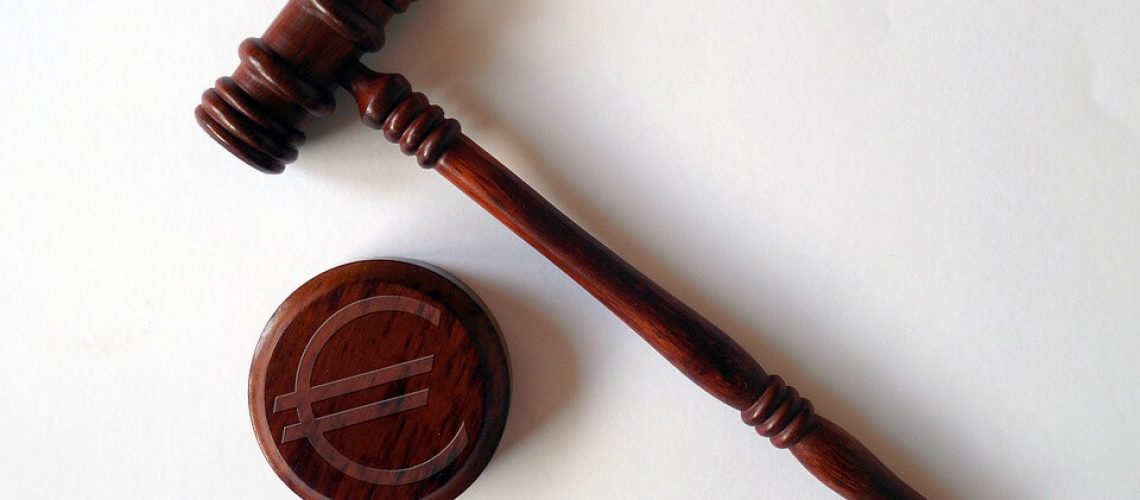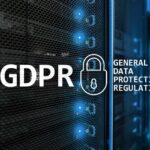Multi-tiered approach to GDPR fines and penalties
General Data Protection Regulation has introduced a tiered approach to fines, meaning that the severity of the breach will determine the penalty. Within the GDPR, there are two ways how a penalty may be implemented against the company:
- Through the acts of the data subjects (natural persons)
- Through the acts of the supervisory agency.
Any person who has suffered material or non-material damage as a result of an infringement of this GDPR shall have the right to receive compensation from the controller or processor for the damage suffered (civil law claims).
Data subjects have the right to turn to the supervisory agency and lodge a complaint against a company, if they find that the company has used their data in a way, that is not compliant with the GDPR or the company does not fulfill the data subject’s rights (e.g.. right to be forgotten).
This will provoke the supervisory agency to investigate the company and if they find, that the company infringes the GDPR, they may fine the company. Estonian supervisory agencies have said, that taking account the severity of the infringement and the actions of the company, they will give firstly a formal notice and if the company will not change its policies, they will give a monetary fine. Of course, if the infringement is in a large scale, they will fine the company immediately and may impose other restrictions on the company, such as a ban on processing.
Furthermore, supervisory agencies may fine a company if they have not followed the GDPR rules.
Amounts of GDPR fines
1. The maximum fine a company can face is 4% of their annual global turnover, of €20 million, whichever is higher.
2. Less such as having improper records or failing to notify of any breaches, can be fined a maximum of 2% of their annual global turnover, or €10 million, whichever is higher.
However, the national legislators will introduce local fines for companies who have no global turnover.
In order to have proper records required in GDPR Article 30, there’s a solution like GDPR Register, which has easy to use templates and reporting, which is approved by local Data Protection Agency.
Ban on data processing
One of the powers, that a supervisory agency shall have with the GDPR is the power to put a temporary or definitive limitation on a company, including a ban on data processing. This means that if a supervisory agency finds that the data processing does not follow the GDPR, then they can limit the data processing and if they find that the company is not going to follow or is too out of line to comply with the GDPR, they can put a permanent ban on data processing. The ban and limitations do not exclude the GDPR fines.












